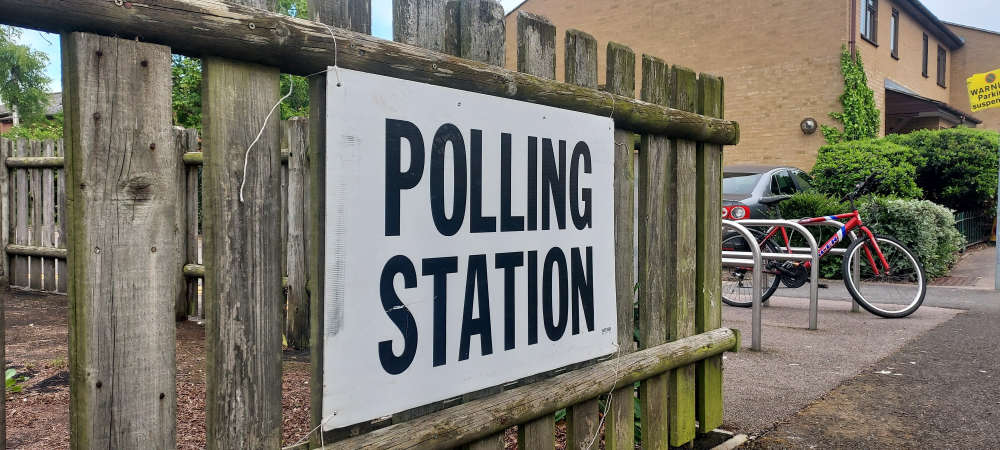
The trading standards team at Derbyshire County Council is urging bird keepers to take steps to combat the spread of bird flu, as cases have been dealt with in other parts of the country.
Anyone who keeps poultry or other captive birds must register them with the Department for Environment, Food & Rural Affairs (DEFRA) and make sure they are following government guidelines to meet the minimum biosecurity standards to protect their birds.
Keepers can register their birds online:
- Register as a keeper of fewer than 50 poultry or other captive birds
- Register as a keeper of 50 or more poultry or other captive birds
- Register a captive bird of prey
DEFRA and the government’s Animal and Plant Health Agency (APHA) have provided a biosecurity checklist for bird keepers as well as advice about how to prevent avian flu and stop it spreading.
Derbyshire County Council Cabinet Member for Health and Communities, Councillor Carol Hart, said: “Avian influenza is a highly infectious disease affecting many species of birds, including poultry, pet birds and wild birds.
“While it’s not currently in Derbyshire, cases have been dealt with in other parts of the country, so I am urging anyone who keeps birds in the county to register their birds, follow the government guidelines, and limit the spread, if we can.”
Bird flu is a notifiable animal disease. Anyone suspecting any type of avian influenza in poultry or captive birds must report it immediately by calling the Defra Rural Services Helpline on 03000 200 301. Failure to do so is an offence.
How to spot and report bird flu in poultry or other captive birds
If anyone finds dead wild waterfowl (swans, geese or ducks) or other dead wild birds, such as gulls or birds of prey, they should report them to the Defra helpline on 03459 33 55 77. Defra has also launched an online reporting system making it easier to report sightings..

 Retiring Deputy Leader wants Derbyshire Council to deliver with dignity whoever is at helm after elections
Retiring Deputy Leader wants Derbyshire Council to deliver with dignity whoever is at helm after elections
 Councillor claims Derbyshire council has to answer for potholes despite ‘mammoth task’
Councillor claims Derbyshire council has to answer for potholes despite ‘mammoth task’
 Pictures of stolen jewellery released following burglary at Sandiacre home
Pictures of stolen jewellery released following burglary at Sandiacre home
 Standing against stalking
Standing against stalking




